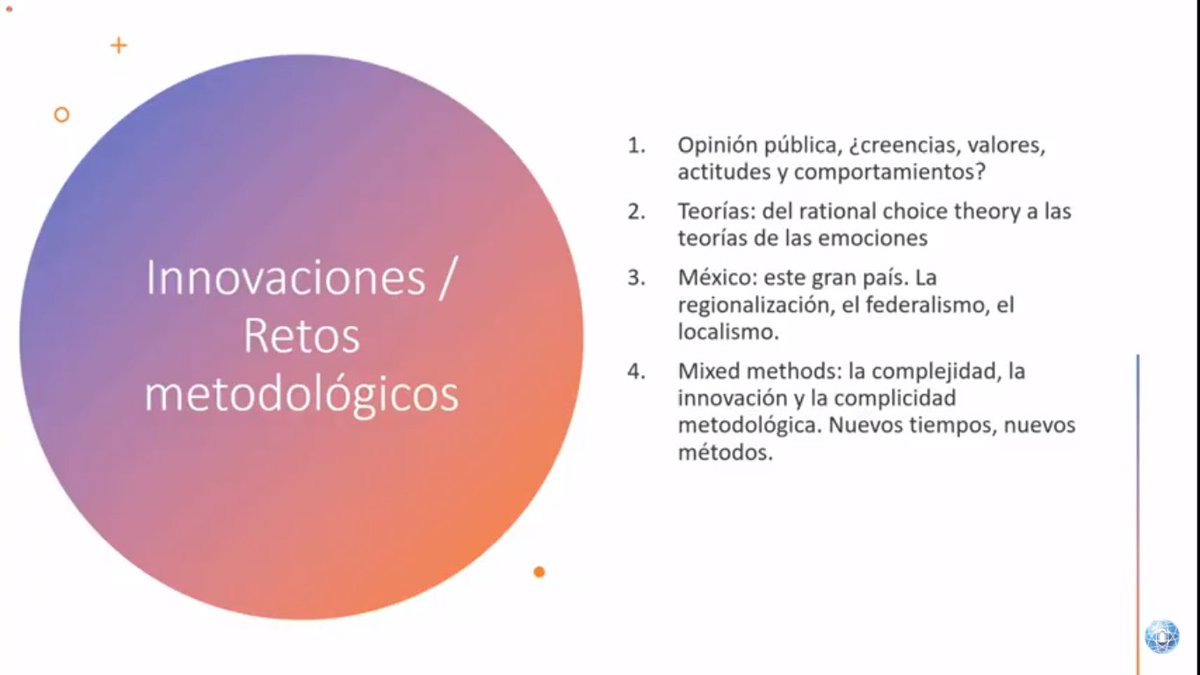
As most of you know, my Grandma was a nurse and I always wanted to study nursing. Hospital ethnography is a dicey methodological area and I wanted to learn more about it (thanks to whoever recommended this one!) 

You probably want to pair up Julie Livingston's book with @BeckyGMartinez 's award winning "Marked Women: The Cultural Politics of Cervical Cancer in Venezuela" sup.org/books/title/?i…
• • •
Missing some Tweet in this thread? You can try to
force a refresh











